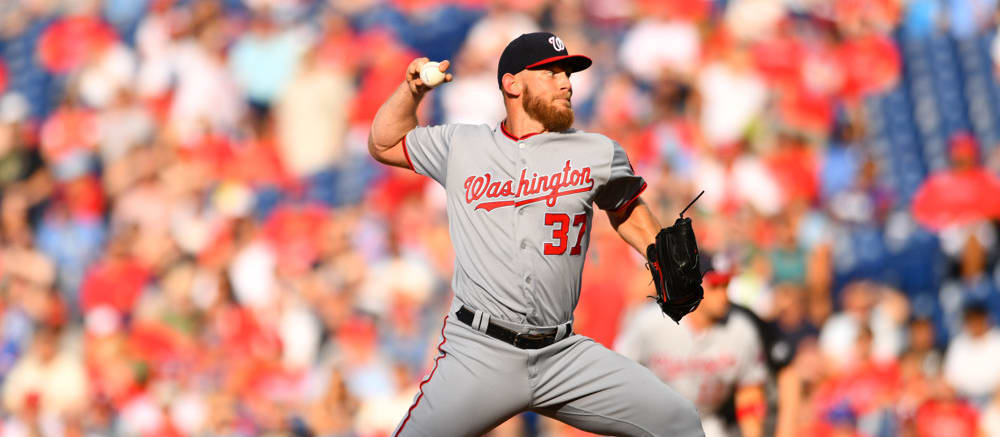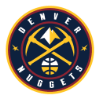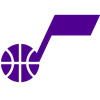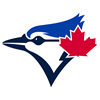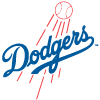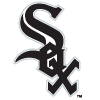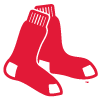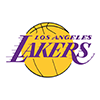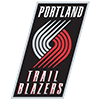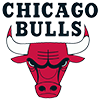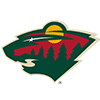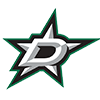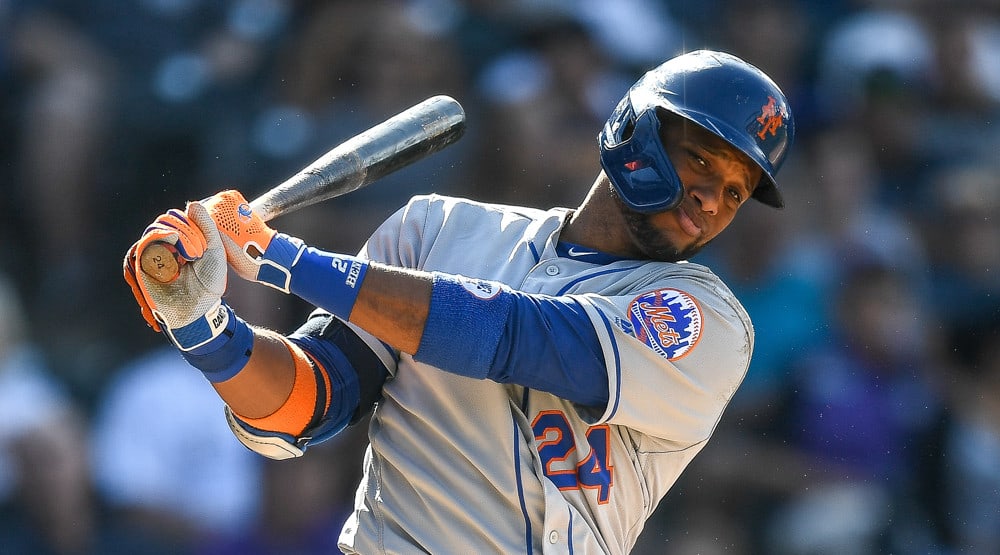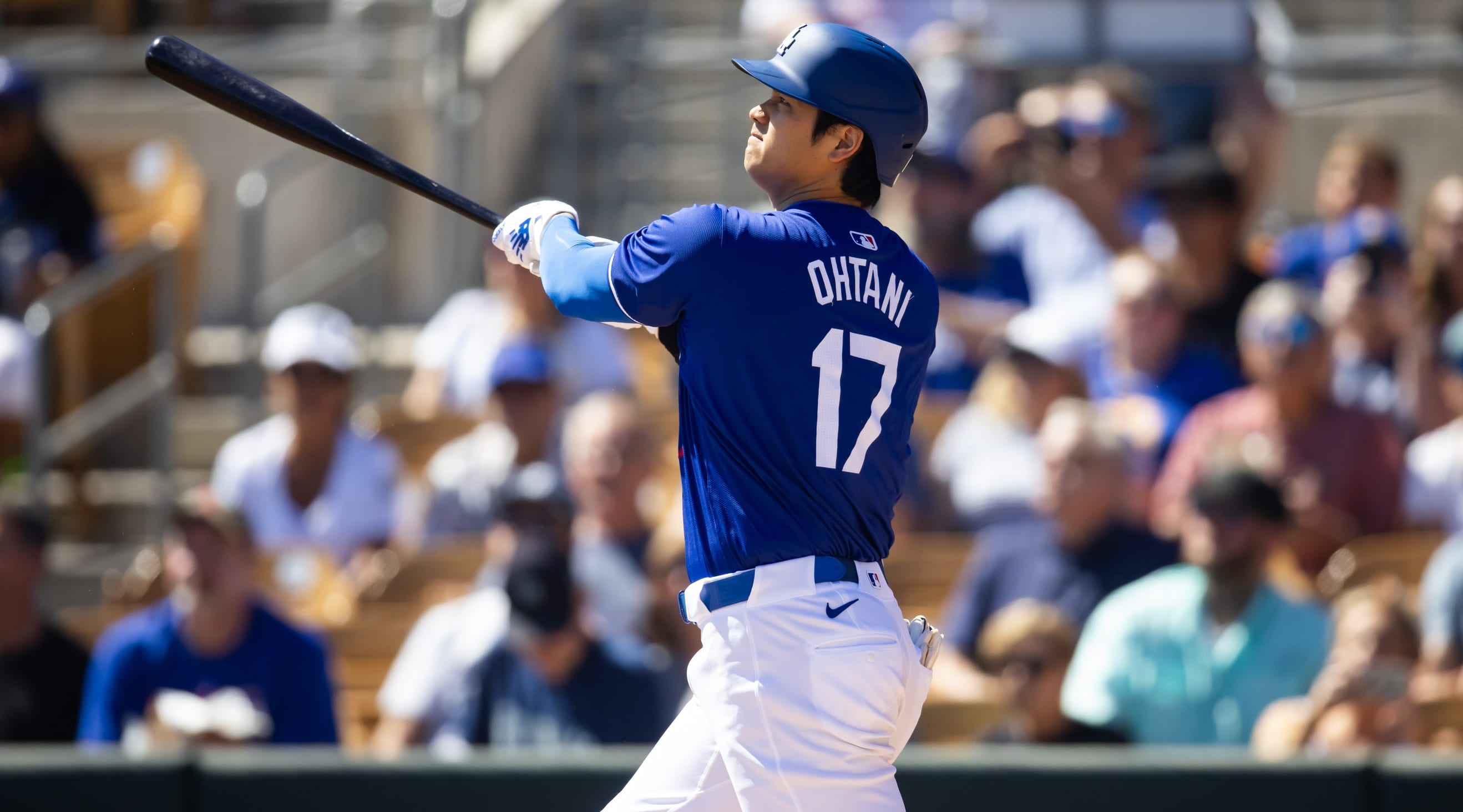The NFBC Main Event drafts, particularly the live drafts in New York and Las Vegas, are notorious for pushing up the elite starting pitchers. There are good reasons for this - in addition to being a 15-team league instead of a 12-team league, there's the overall competition component, and that forces teams to try to cram in as many strikeouts as possible. Add in the ever-increasing strikeout environment in major league baseball, and it's become so important to secure good sources of strikeouts without compromising your ERA's and WHIP's early on in your drafts.
There was some discussion, mostly on Twitter, speculating that perhaps this would be the year that the starting pitching inflation in early drafts would subside. The line of thinking was that the shortened season and the likelihood that some starters might not pitch deep into games might lower the number of strikeouts one would need to be competitive. Judging from the early drafts that I've seen and my own draft on Friday night, the opposite mentality has been true.
Last year in my Main Event league, four starters went in the first round eight more in the second, and a total of 19 went in the first four rounds. This year, four starting pitchers went in the first round, followed by six in the second, and a whopping 22 starters went through the first four rounds, along with two closers. Chris Liss's Main Event draft had similar results, as did the second Main Event draft last
The NFBC Main Event drafts, particularly the live drafts in New York and Las Vegas, are notorious for pushing up the elite starting pitchers. There are good reasons for this - in addition to being a 15-team league instead of a 12-team league, there's the overall competition component, and that forces teams to try to cram in as many strikeouts as possible. Add in the ever-increasing strikeout environment in major league baseball, and it's become so important to secure good sources of strikeouts without compromising your ERA's and WHIP's early on in your drafts.
There was some discussion, mostly on Twitter, speculating that perhaps this would be the year that the starting pitching inflation in early drafts would subside. The line of thinking was that the shortened season and the likelihood that some starters might not pitch deep into games might lower the number of strikeouts one would need to be competitive. Judging from the early drafts that I've seen and my own draft on Friday night, the opposite mentality has been true.
Last year in my Main Event league, four starters went in the first round eight more in the second, and a total of 19 went in the first four rounds. This year, four starting pitchers went in the first round, followed by six in the second, and a whopping 22 starters went through the first four rounds, along with two closers. Chris Liss's Main Event draft had similar results, as did the second Main Event draft last Sunday, though not quite as extreme. It was under this backdrop that I did the first of my two Main Events on Friday night. Before I discuss my team, here's the full draft grid.
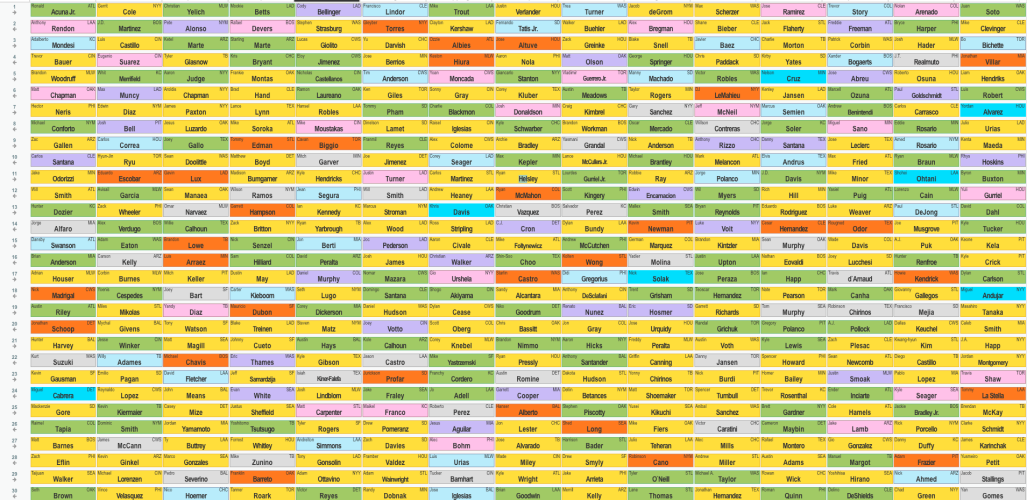
I drew the fifth slot for this league, which is a pretty favorable spot. The first round decision is pretty straightforward in my mind - you can get one of the top four hitters (Christian Yelich, Ronald Acuña, Mookie Betts or Cody Bellinger), or you get Gerrit Cole. At one point I would have considered Jacob deGrom there as well, but between the introduction of the DH in the NL and deGrom's sore back earlier in summer camp, I have discounted him a little in my rankings. In this case, I got Bellinger, which was the most likely result given my other drafts.
The problem with going Bellinger in the first is that I had to be a little more cognizant of what pitching was going to be available to me coming back. Fortunately this draft was as extreme as last year's second-round, but it was still worse than the previous ME's for this sprint season. I thought that there was a chance either Shane Bieber, Jack Flaherty or Clayton Kershaw would be there for me, but all were gone. I had earlier vowed to pass on the remaining SP's at that spot, but instead had a change of heart and took Stephen Strasburg, despite his previous durability issues and heavy workload last season. My logic was that in a sprint season, it's a little more reasonable to dismiss durability concerns, especially when he's had an extra three months to rest. I also decided to back him up immediately with another starter, so long as either Lucas Giolito or Yu Darvish were available. The idea behind this was that I thought that the next tier of starting pitchers would start to fall quickly, and I wanted my choice among them, instead of having to (a) settle on one that I didn't necessarily believe belonged there, or (b) pass on that tier. Getting my second one now allowed me to build my offense, and give me the option to add a closer when I wanted to instead of insisting on another starter. It helped that Adalberto Mondesi, Ketel Marte and especially Starling Marte were all taken before me.
As it turned out, I was right about the pitcher run. Including Luis Castillo going at 3.2 and my selection of Giolito at 3.5, there were a total of seven starters taken in the third round, and five more in the fourth round, plus two closers before my next pick. In terms of roster construction, this really worked out well - the caliber of hitter available to me at pick 56 (4.11) was pretty high, though I would have liked it better if Keston Hiura would have made it back to me. I wanted to get two hitters among Eloy Jimenez, Whit Merrifield, Nick Castellanos and Nelson Cruz. I ended up with Jimenez and Castellanos, but I'm wondering now if Merrifield should have been my first choice, if for no other reason to have a speed/average guy locked in early. But the case against Merrifield is that he started running less frequently last season - if that decline takes the next step this season, he's not as valuable. But going the route I did made it a little more pressing to address speed among a few of my next picks, perhaps to the exclusion of getting a closer when needed.
Let's address closers here. My initial plan, one that I followed in the "Beat Jeff Erickson" draft in the 12-team Online Championship two weeks ago, was to get two aces and two closers, one from each of the top two tiers, in the first 10 rounds. Of course, it's easier to complete that plan in the 12-team format! It's a lot more difficult to do so in the 15-team format. Once that closer run begins, it's a lot longer of a wait until you can get into the act. That run began in earnest at the end of the fifth round, with Roberto Osuna and Liam Hendriks closing out the round. Three more closers went before me in the fourth, making it six total taken. Meanwhile, my favorite power/speed target in this range, Ramon Laureano, was still there, with eight picks between my selection here and subsequent one in the seventh round. I rolled the dice, passing on Aroldis Chapman because of his trip to the COVID-IL, deciding to take what I'd get in the seventh round. Given that Chapman, Brad Hand, Hector Neris and Edwin Diaz all went in the interim, perhaps that was a mistake. But the decision to pass on Chapman was a conscious one - I have plenty of exposure to him in other leagues, and I don't really know how long it's going to be before he returns. In a short season, I'm trying to avoid as much uncertainty as possible. I had to settle on Hansel Robles instead, who I put 7/8th round grade ahead of time.
(see my "Crude Closer Grades" below - I omitted closers I didn't want to draft, like Craig Kimbrel, and there are other dart throws below this list)
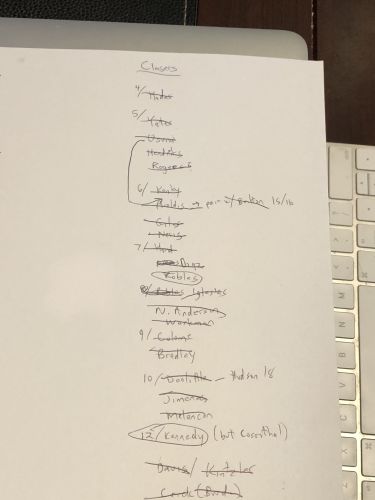
Meanwhile, I decided to also wait on closer #2 because there was so much value in the hitting pool after the Robles pick. Both Mike Moustakas and Cavan Biggio (who I need to run a little - notice a theme here - guys that have some speed that need to give me a few stolen bases here and there) were available too late, so I felt obligated to take them instead of Alex Colome, Archie Bradley or Nick Anderson. Mitch Garver really lasted late (pick 146), so I went with him instead of the last among my top 10 rounds acceptable list, Sean Doolittle. Instead, I waited for my second closer until the 13th round, and gambled that Ian Kennedy is still the guy, even though Royals manager Mike Matheny has not committed to him in that role yet. I also have Tyler Rogers and Seth Lugo as possible sources, but I'm certainly less secure than others in saves as a result.
My other concern is stolen bases. The key players for this squad are Jean Segura (was last year's drop-off in attempts a harbinger for his future, or a blip?), Cavan Biggio, and especially Jon Berti. If Berti plays five-to-six games per week, then he should earn his 15th round price or more, but if it's only three games a week, then I'm a little light. I only have one bench option that likely runs in Victor Reyes, and I'm not really sure what to expect out of him.
I won't go over every pick, but I'm happy to discuss any player you want in the comments. Here's my full team:
C - Mitch Garver, Isiah Kiner-Falefa
1B/3B/CR - Cody Bellinger, Mike Moustakas, Daniel Murphy
2B/SS/MI - Cavan Biggio, Jean Segura, Jon Berti
OF/UT - Eloy Jimenez, Nick Castellanos, Ramon Laureano, David Peralta, Corey Dickerson, Austin Hays
Bench Bats - Matt Carpenter, Andrelton Simmons, Victor Reyes
SP - Stephen Strasburg, Lucas Giolito, Kyle Hendricks, Ryan Yarbrough, Steven Matz, Kyle Gibson, Josh Lindblom
RP - Hansel Robles, Ian Kennedy, Seth Lugo, Tyler Rogers, Adam Ottavino
Cut - Tony Gonsolin
Before signing off, here are a few other picks (by other drafters) of note:
2 - Gerrit Cole
7 - Mike Trout
8 - Justin Verlander (before deGrom)
18 - Freddie Freeman (no discount here)
71 - Victor Robles (just a small discount for someone who hadn't reported yet as of the draft)
74 - Roberto Osuna (third closer - as of Friday he hadn't yet thrown from a mound)
80 - D.J. LeMahieu
82 - Austin Meadows
131 - Anthony Rizzo (big drop due to back/rib concerns)
137 - Ryan Braun (big helium guy)
168 - Yasiel Puig
234 - Christian Walker
271 - Austin Riley (see Puig)
354 - Jo Adell
What else stands out from this draft? Let me know in the comments!


